Private K-12 schools are non-public schools. In other words, they are not part of the public K-12 education system. While private schools are regulated in the same way most businesses are with respect to safety, zoning and registration, they are not required to do many of the things public schools must do such as state testing and accepting any student who applies.
First, let's take a quick look at the history of K-12 education in the United States of America. What were the first colonists were up against as far as education was concerned? The challenges were enormous simply because there was nothing here. Native Americans did not have school buildings. They educated their offspring in their natural surroundings. The colonists, on the other hand, had left a country with an organized educational system. For example, King's School, Canterbury, opened its doors in 597. In the Middle Ages, the kings and queens of England established schools and universities to educate young men. In most cases, these educational establishments were founded to educate and train clergy, judges, and other public officials. Edward VI set up free grammar schools which were open to all, regardless of religious beliefs or ability to pay. Many of the great cathedrals and abbeys had choir schools where they provided for the education of boys.
Leaving a country with a long history of education, the earliest settlers in America arrived here in the early part of the 17th century and very quickly and resolutely


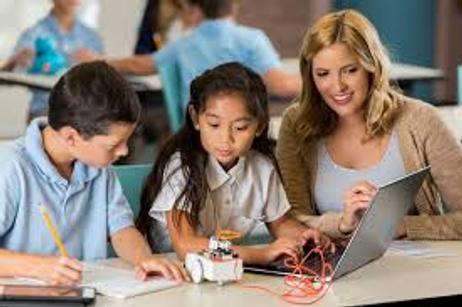
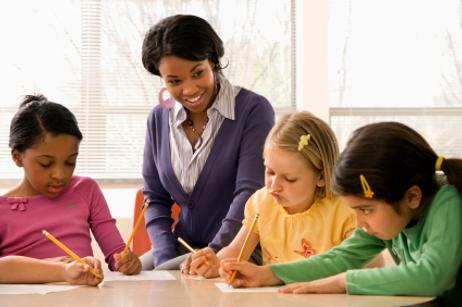












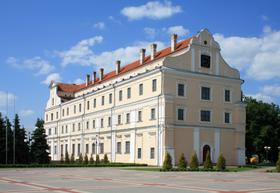





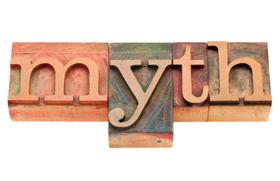







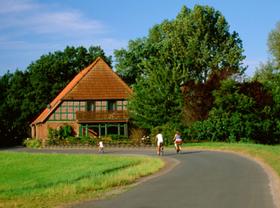






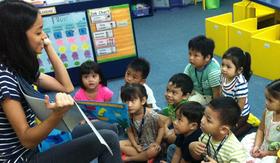

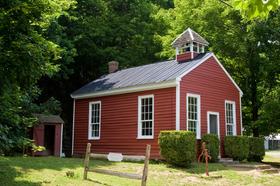
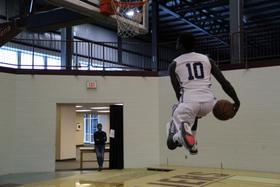

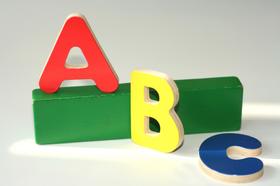





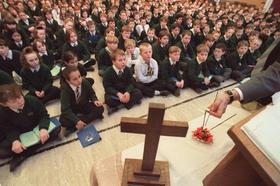




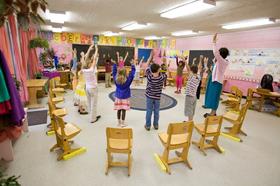








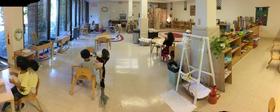

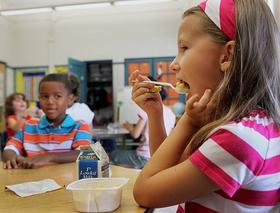








-4c3194pi4wis8gsg004w0g44w-280.jpg)
